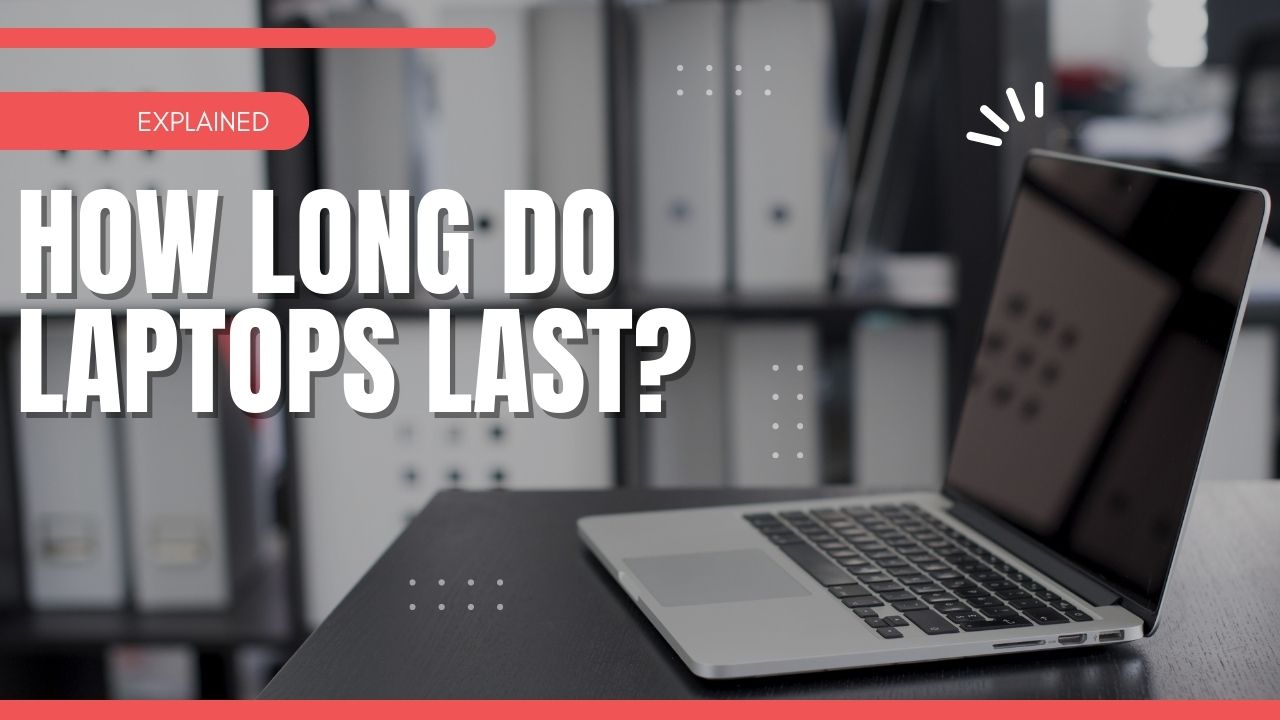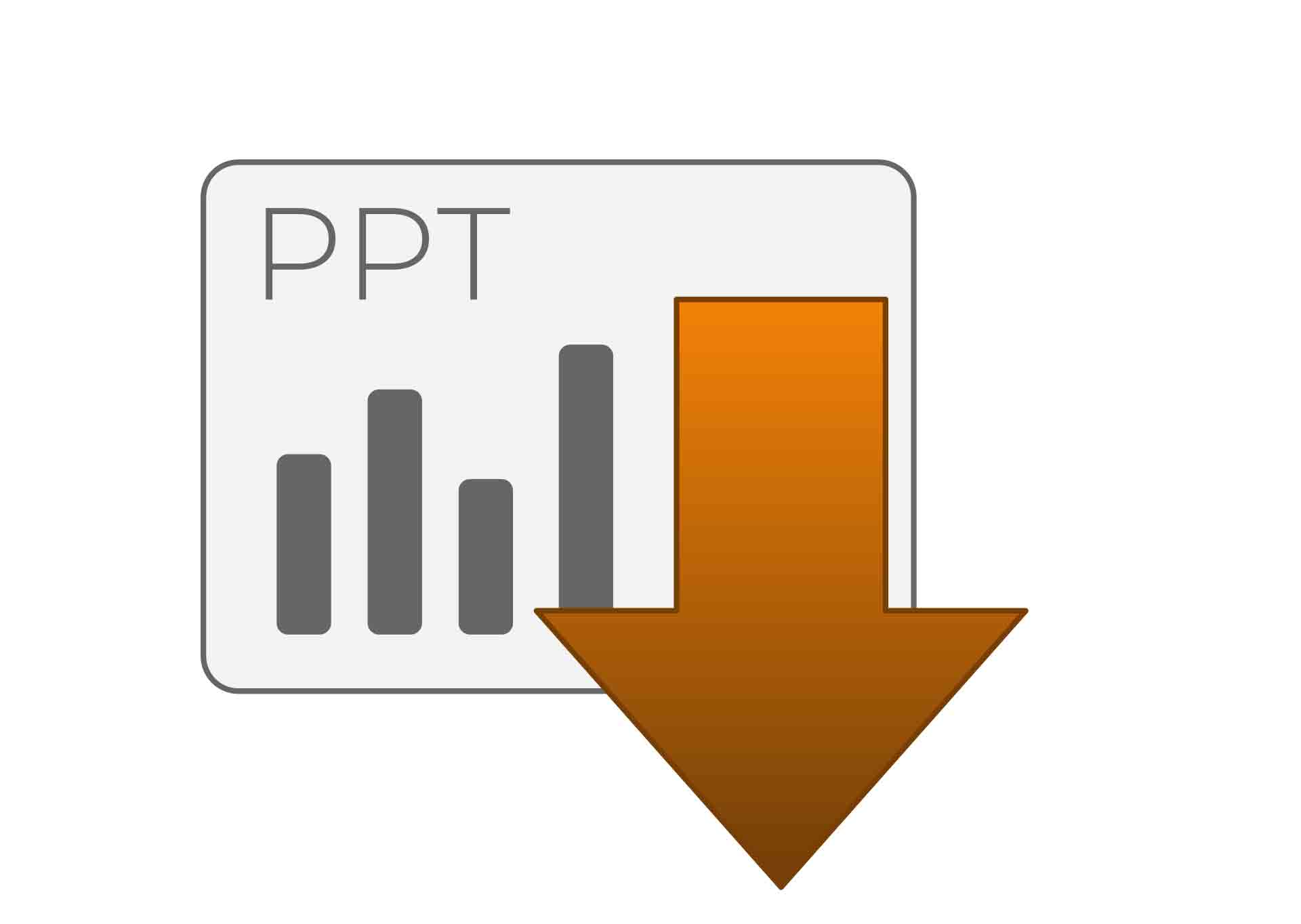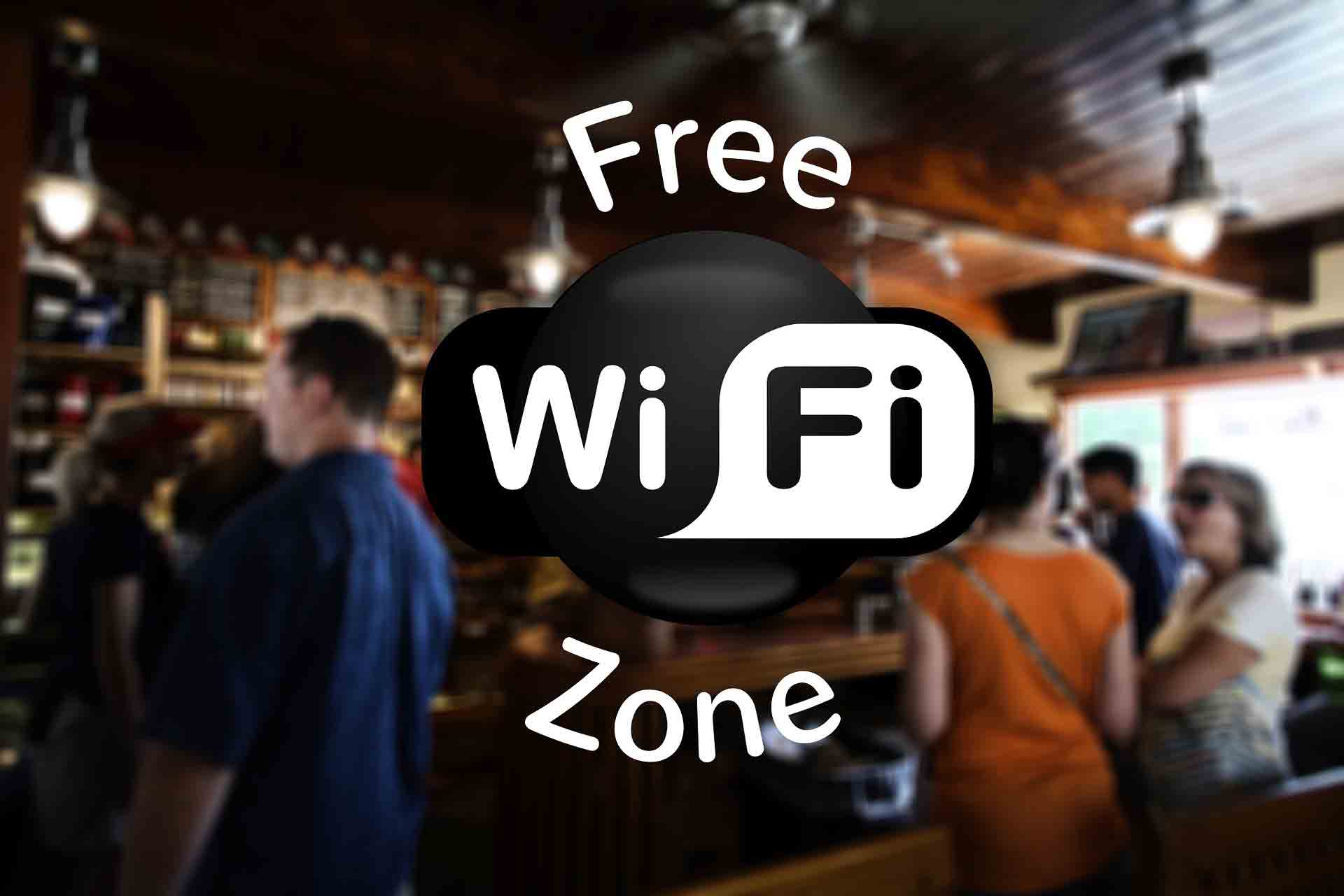
Beyond the Connection: How VPNs Keep Your Browsing Private on Shared Networks

If you operate a business or have an online presence, you're likely aware of the potential risks associated with web browsing. Connecting to the internet exposes you and your organization to various threats, such as hackers and thieves who can steal personal information, browsing history, and payment data. To safeguard yourself and your business online, you might have explored options like private browsing or selecting a VPN. Why secure browsing with a VPN is the best solution and what exactly a VPN protects from are the topics of our material.
How does a VPN work?
When you browse the internet without a VPN, your router and internet service provider (ISP) can access your internet traffic before it reaches the desired website. All three checkpoints (router, ISP, website) have visibility of the traffic originating from your computer.
A VPN enhances the process by introducing encryption and a VPN server. Here's how it works:
- The VPN encrypts your internet traffic before leaving your computer.
- Your router and ISP process the encrypted traffic, but due to encryption, neither can view its contents.
- The VPN server decrypts the traffic and forwards it to the destination website, disguising it as if it came from the server's IP address rather than your own.
Why is VPN privacy on shared networks important and what does it protect against?
ISP

When you access the internet, your internet service provider (ISP) typically handles your connection and keeps tabs on you using an IP address. Your web traffic is routed through the ISP's servers, giving them the ability to log and monitor your online activities.
While your ISP may appear trustworthy, there's a possibility that they share your browsing history with advertisers, law enforcement agencies, and other third parties. Additionally, your ISP is vulnerable to breaches, potentially exposing your personal and private data to compromise.
Public Wi-Fi

These concerns become particularly significant when connecting to public Wi-Fi networks since you never know who may be monitoring your internet traffic and attempting to steal your passwords. Can the WiFi owner see my internet history? As such, there is virtually no privacy on public Wi-Fi. Any more or less savvy network administrator can find out what you sent and where. If you want to protect your WiFi history, just use a VPN. The tool offers private internet access even when using public wireless networks.
VPNs partially conceal your browsing history from Google. When connected to a VPN, Google doesn't have access to your actual IP address, which means personalized search results linked to your IP won't appear. However, Google employs various advanced algorithms and techniques to identify users. For example, your search history is associated with your Google account, allowing Google to see it if you're logged into your browser. These algorithms enable Google to identify you based on search patterns, timing, and other metrics, serving purposes such as advertising, analytics, and personalized search results.
Do VPNs hide search history?
Your browser stores your search history, including the websites you've visited and previous queries. It is accessible to anyone who can access your computer, and a VPN cannot prevent that. To conceal your search history, it is best to manually clear your browser's history and use private browsing.
How to hide browsing history in the browser:
- Browse privately to prevent your browser from remembering your sessions, thus hiding your browsing history from anyone with physical access to your devices, like roommates.
- Cover your tracks by manually deleting your search and browsing history from your browser, preventing tracking by individuals with physical access to your devices.
- Change search engines to privacy-focused ones like DuckDuckGo, which collects less data than Google, making them more suitable for privacy-minded users.
- Remove trackers like local logs and cookies to make it more challenging for websites and search engines to identify you.
- Change your DNS settings to prevent websites from using DNS requests to track the websites you have accessed. Instead of relying on your ISP's default server, switch to a public DNS server like Google Public DNS.
- Use HTTPS Everywhere, a browser extension that automatically switches HTTP websites to HTTPS, enhancing their security.
- The name "HTTPS Everywhere" refers to the browser extension that actively switches HTTP websites to HTTPS.
Does VPN protect against everything?
Remember that VPNs do not function like comprehensive anti-virus software. While they do safeguard your IP and encrypt your internet history, their protection is limited. They cannot ensure your safety if you visit phishing websites or download compromised files. Although some privacy browsing tools include additional protection against phishing and viruses. For example, VeePN's Chrome extension can partially protect against even these threats. You will simply receive a notification when you try to navigate to a phishing site.
When using a VPN, you still face risks from Trojans, bots, malware, spyware, and viruses. Regardless of whether you're using a VPN, these threats can harm your device. Thus, it's crucial to use a VPN alongside comprehensive anti-virus software for maximum security.
What does VPN hide?

If you're searching for a reliable VPN to use, you should opt for one that conceals more than just your browsing history. Here are a few other things that a good VPN should hide:
- Browsing History: To recap, VPNs encrypt your internet traffic, safeguarding your browsing history from your router, ISP, and search engine. Your data is encrypted before it leaves your device, and only the VPN server possesses the decryption key. This ensures that your online activities remain hidden from your router, ISP, and employers.
- IP Address: A VPN alters your IP address to that of a VPN server, effectively disguising your location and securing your personal information from hackers and malicious websites. Hiding your IP address also grants you access to geo-restricted content and prevents your torrenting activity from being visible to your peers.
- Online Identity: Websites rely on cookies to identify their visitors. By blocking these cookies, VPNs prevent websites from identifying you, thereby preserving your online identity. However, cookies also play a role in remembering your preferences on websites. In such cases, you can adjust your VPN settings to allow cookies and customize the types of cookies that websites are permitted to use.
- Personally Identifiable Information: Hackers don't always scour the internet to find targets. Sometimes, they take advantage of unprotected devices on public Wi-Fi networks in places like airport lobbies or coffee shops. Through intercepting data sent over such public networks, they can gain access to personally identifiable information (PII) such as contact details, passwords, Social Security numbers, and online banking credentials. VPNs encrypt all internet traffic, ensuring that even if someone intercepts traffic containing PII, they won't be able to view the actual data.
- Medical History: Hackers also engage in insurance fraud by stealing online medical data and insurance credentials. VPNs safeguard against such fraud by masking your IP address and encrypting your internet traffic, preventing unauthorized access to your medical data.
- Travel Plans: Travel booking sites utilize IP addresses to identify their visitors. Through masking your IP address, VPNs protect your privacy and prevent these sites from tracking your travel plans.
Conclusion
VPN is one of the best ways to protect data on shared Wi-Fi. Yes, it cannot protect against all threats, but against 95% of all types. Of course, a lot depends on the VPN provider and your actions. However, this is still better than remaining at risk.


![The uploader has not made this video available in Your Country [YouTube] The uploader has not made this video available in Your Country [YouTube]](https://cdn-0.technicalexplore.com/wp-content/uploads/2019/02/youtbe-Video-is-not-available-in-your-country.png)




